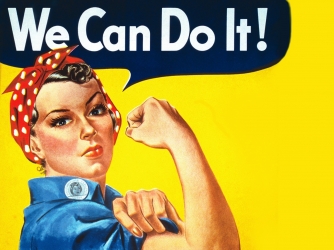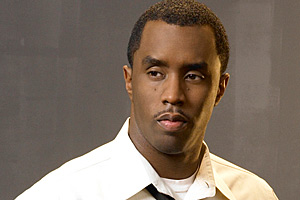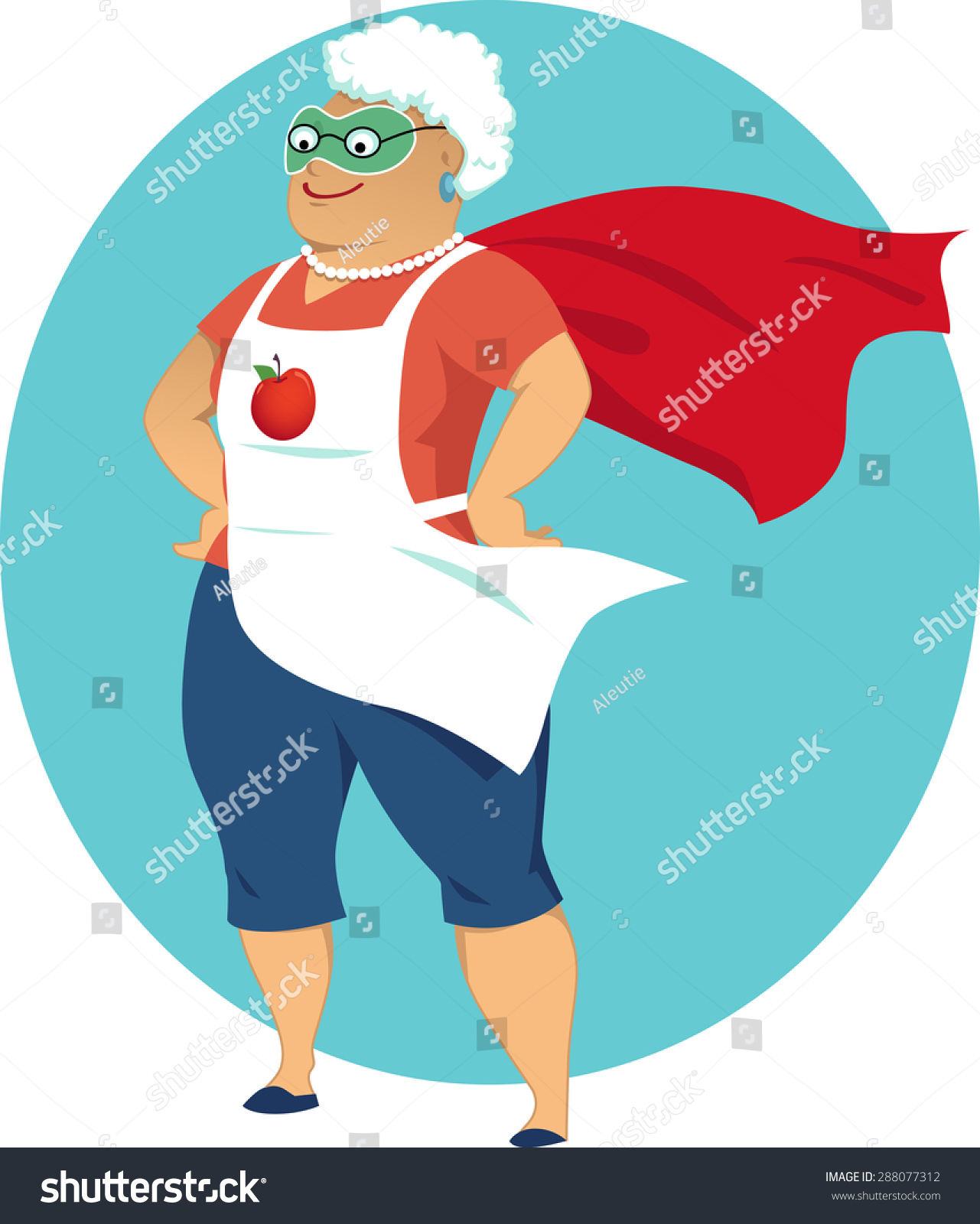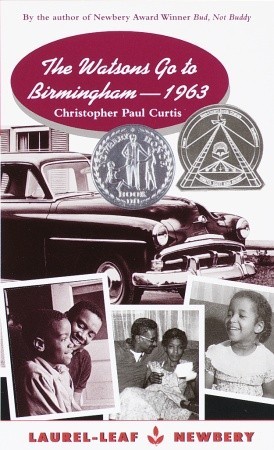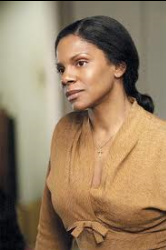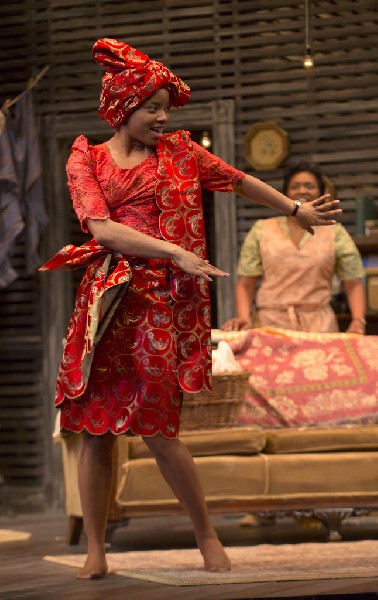 |
| Beneatha embraces her heritage. |
One prominent literary device Hansberry uses is juxtaposition. There are multiple instances of this usage spanning the length of the novel, but one in particular is very clear.
Beneatha is first seen in a romantic context with Asagai, the current man of her choosing, in the second scene. The two bicker, but it is clear that they care for one another and have been learning from one another over the course of their relationship. Upon first seeing him, Beneatha says, "Asagai, I'm very glad you are back." (61). Asagai brings her gifts and, though he seems a bit harsh, he tries to teach Beneatha to be herself and not lose her identity and heritage.
The rapport between Beneatha and George tells a different story. For starters, we as the readers have already heard that Beneatha is not very fond of George, and only goes out with him to satisfy her family. "Oh, I just mean I couldn't ever really be serious about George. He's--he's so shallow," Beneatha states when Mama and Ruth ask why George's money and status aren't enough for Beneatha (48). Later, when George and Beneatha share their first scene together, Beneatha has just cut her hair and George does not approve. "What have you done to your head--I mean your hair!" he exclaims, and then later calls the new look "eccentric" (80). Like the Youngers, George disagrees with Beneatha's radical tendencies.
 |
| George does not approve; Beneatha is indignant. |
These two scenes, which both feature Beneatha, her suspected beau, traditional African style, and the idea of assimilationism show how the two men are extreme opposites. Asagai stands for all that is radical in he modern word of the mid-20th century, while George still clings to the traditional values he shares with the rest of the Youngers. By contrasting these two men, Hansberry symbolizes the constant battle between old and new, static and dynamic, safe and dangerous, and highlights the ever-present obstacle that is the generation gap.




